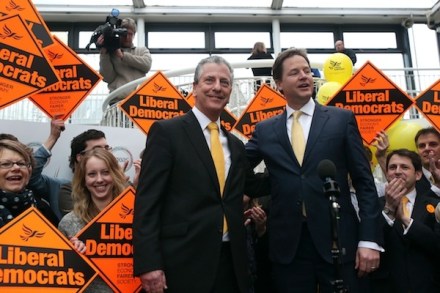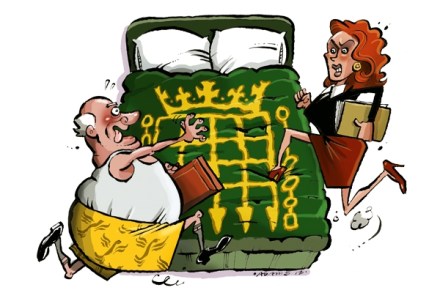David Cameron needs Willie Whitelaw. He has Nick Clegg
David Cameron needs a Willie. So say the ministers who work most closely with No. 10. It is not a call for shock-and-awe radicalism, but for someone who can help the Prime Minister as the late Willie Whitelaw helped Margaret Thatcher — gliding around Whitehall, pushing forward the Cameron agenda, smoothing over difficulties and ensuring that Downing Street’s writ runs in every department. Whitelaw did the job superbly for eight years; it is no coincidence that things started to go wrong for Lady Thatcher after a stroke forced him to give up his role. But Cameron doesn’t have a Willie. He has the opposite of a Willie: a Deputy Prime




















